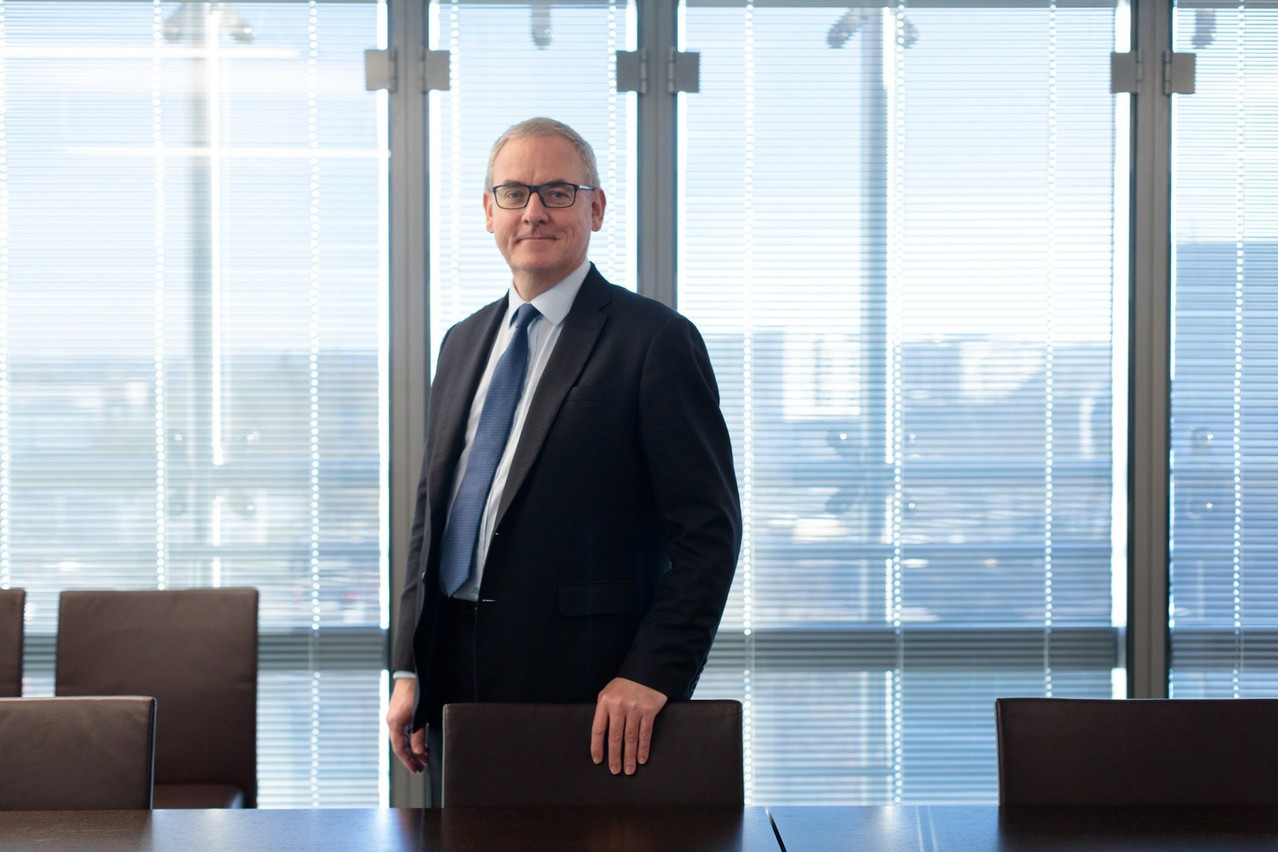Paperjam: Do you remember your first salary?
Bruno Houdmont: Yes, very well, as if it were yesterday. I wanted to start my career in a bank with an international network and I began as a university intern in 1985 at Banque Bruxelles Lambert in Belgium [editor's note: bought by the ING group at the end of 1997].
The gross starting salary was around 50,000 Belgian francs per month, or a little over €1,000. There were very few additional elements to the salary at the time; company cars, for example, being much less common than nowadays.
Had you had other paid activities before?
From a young age I had small paid activities during the holidays. I ran a stand for a Belgian cider brand at the international fair in Kinshasa (DRC), I had a summer job in a business on the Belgian coast, I went to pick apples, and of course, later, I did my first internships in a bank (Belgolaise the very first time).
But as a student, one of my first paid summer jobs was at Sabena [airlines]. I worked on teams for the loading/unloading of luggage on planes.
It was a very manual and physical work experience, but at the same time a very well-paid job, given the staggered shift schedules of several teams and the intense weekend shifts.
It was a popular job for students at the time, as you could get free plane tickets! It was also the first experience of “operational errors”, when we put the luggage on the wrong plane for the wrong destination…
What did you treat yourself to when you received your first salaries?
A Seiko quartz watch, a technological revolution at the time! I think it cost me around 5,000 Belgian francs (€125), a real fortune in those years. I must have kept it somewhere because I would never have parted with it...
These days, are you a spender or a saver?
I've never been to either of those extremes, and I think it hasn't really changed over time. I think it's more about being able to adapt to any situation, and then of course keeping foresight so you don't 'find yourself unprepared’, as the fable goes.
What’s your favourite money maxim?
Work to live, but don’t live to work.
This article was originally published in French on Paperjam.lu
